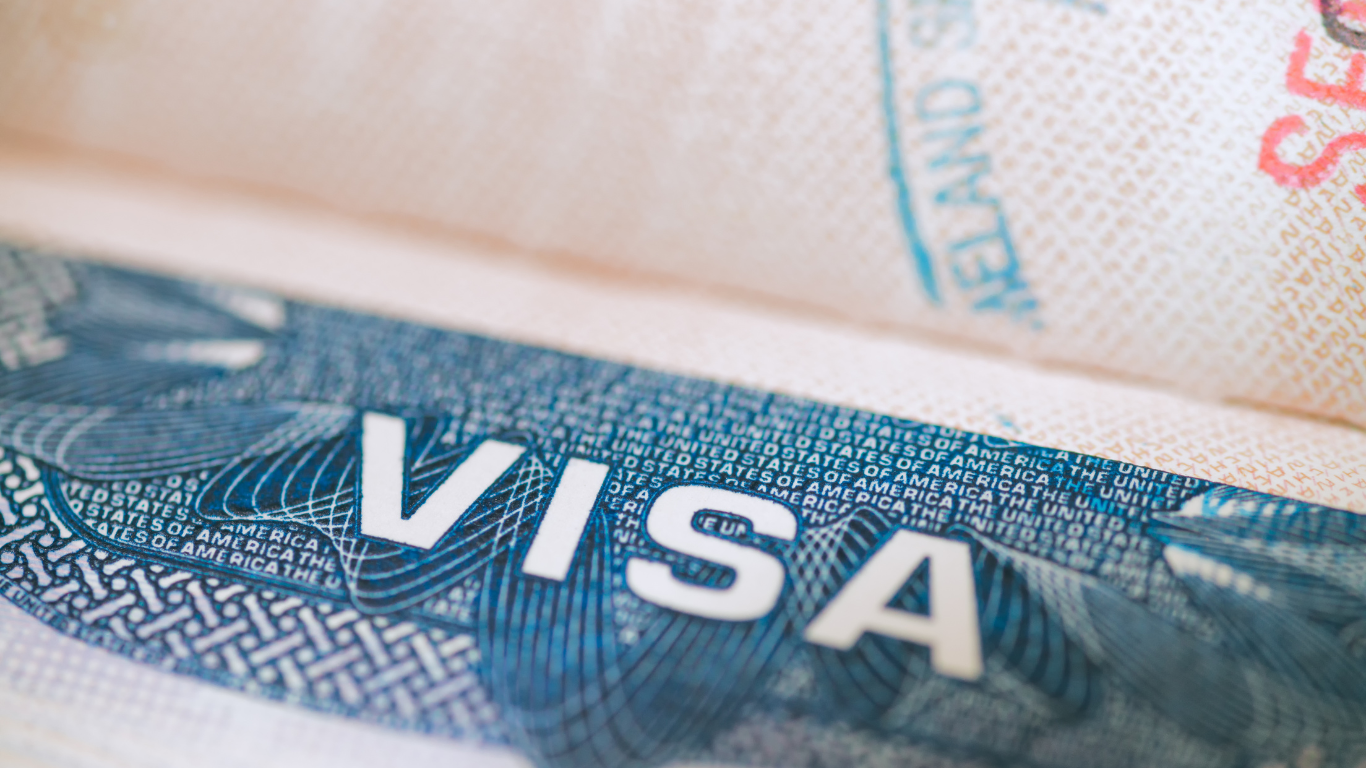
If you're an international student planning to study in the United States, most likely you will need an F1 visa to enter the country. An F1 visa allows you to enroll in a full-time academic program at a U.S. college or university. However, before obtaining an F1 visa, you must attend an interview at a U.S. embassy or consulate in your home country.
The F1 visa interview is a crucial step in obtaining an F1 visa. During the interview, a consular officer will evaluate your application and determine whether you meet the requirements for the visa.
The interview is an opportunity for you to demonstrate that you have a legitimate reason for studying in the United States and that you intend to return to your home country after completing your studies.
In this article, we'll provide tips and advice on preparing for your F1 visa interview and answer some of the most common questions international students have about their F1 visa interview.
If you are planning to study at a US university or college, you will need a student visa that allows you to enter the country legally. The F1 visa is a non-immigrant visa that allows foreign students to enter the United States for purposes of attending an academic institution or language training program.
To qualify for an F1 visa, you must enroll in a full-time degree or language training program at an accredited, SEVP-certified school in the United States. You must also demonstrate that you have sufficient funds to cover your tuition, living expenses, and other costs while in the United States.
As an F1 visa student, you can work on-campus for up to 20 hours per week while school is in session and full-time (40 hours per week) during school breaks.
It is important to note that the F1 visa is a non-immigrant visa, which means it does not provide a path to permanent residency or citizenship in the United States. However, after completing your academic program, you may be eligible for Optional Practical Training (OPT), which allows you to work in the United States for up to 12 months in a field related to your area of study, and for STEM students, up to 36 months.
To schedule your F1 visa interview, follow these three steps:
It's important to be organized and well-prepared in your F1 student visa interview,. Here are some tips to help you get ready:
Make sure you bring all necessary documents, and have them organized to provide to the visa officer. Those documents include:
Double-check that all your documents are up-to-date and accurate for the visa interviewer. Keep them organized in a folder or binder for easy access during your interview.
Making a good first impression at your F1 visa interview is essential. Dress professionally and conservatively with formal attire, as if you were going to a job interview. Avoid wearing anything too flashy or revealing.
The F1 visa interview will be conducted in English, so it's important to practice your English skills beforehand. Try to speak English as much as possible in the weeks leading up to your interview.
One of the main focuses of the F1 visa interview will be your financial status. Be prepared to discuss how you plan to cover your school costs and other expenses in the United States. Bring any relevant financial documents, such as family members' bank statements or loan agreements, to help support your case.
When you attend a student visa interview, the visa officer will ask you a series of questions to determine your eligibility. Here are some of the most common questions you can expect as a student visa applicant:
Remember to answer the questions honestly and confidently. Be prepared to provide additional information or documentation if requested by the officer.
F1 visa applications may be denied for a number of reasons. Below, we'll discuss the most common reasons for denial.
One of the most common reasons for student visa denial is insufficient ties to your home country. The US government wants to make sure that you will return home after your studies are complete. If you cannot demonstrate strong ties to your home country, your F1 visa application may be denied.
Examples of strong ties to your home country may include your family owning property, a letter from your current employer, stating you will return to work, or all your immediate family members living in your home country.
Another common reason for F1 visa denial is not showing sufficient financial support. You must be able to prove that you have enough money to cover your school costs, living costs, and other expenses associated with studying in the United States. If you cannot demonstrate that you have sufficient funds, your F1 visa application may be denied.
Your visa may be denied if your F1 visa application is incomplete or inaccurate. Make sure you fill out all required fields accurately and completely. Double-check your application before you submit it to avoid any mistakes or omissions.
If your F1 visa application is denied, you will receive a letter explaining the reason for the denial. Unfortunately, the decision is final, and there is no appeal process.
However, you can apply again after addressing the issues that led to the denial. But you must wait at least three months before reapplying. It's important to note that there is no guarantee that your application will be approved the second time around.
Remember, the visa officer's goal is to assess your genuine intention to study in the US and return home post-graduation. Keeping this in mind and maintaining a positive attitude will help you to prepare for your F1 visa interview.
The international office at your US college or university may also provide additional tips and practice interview questions to help you prepare. If you have any questions related to your visa interview, don't hesitate to reach out to your international student advisor.